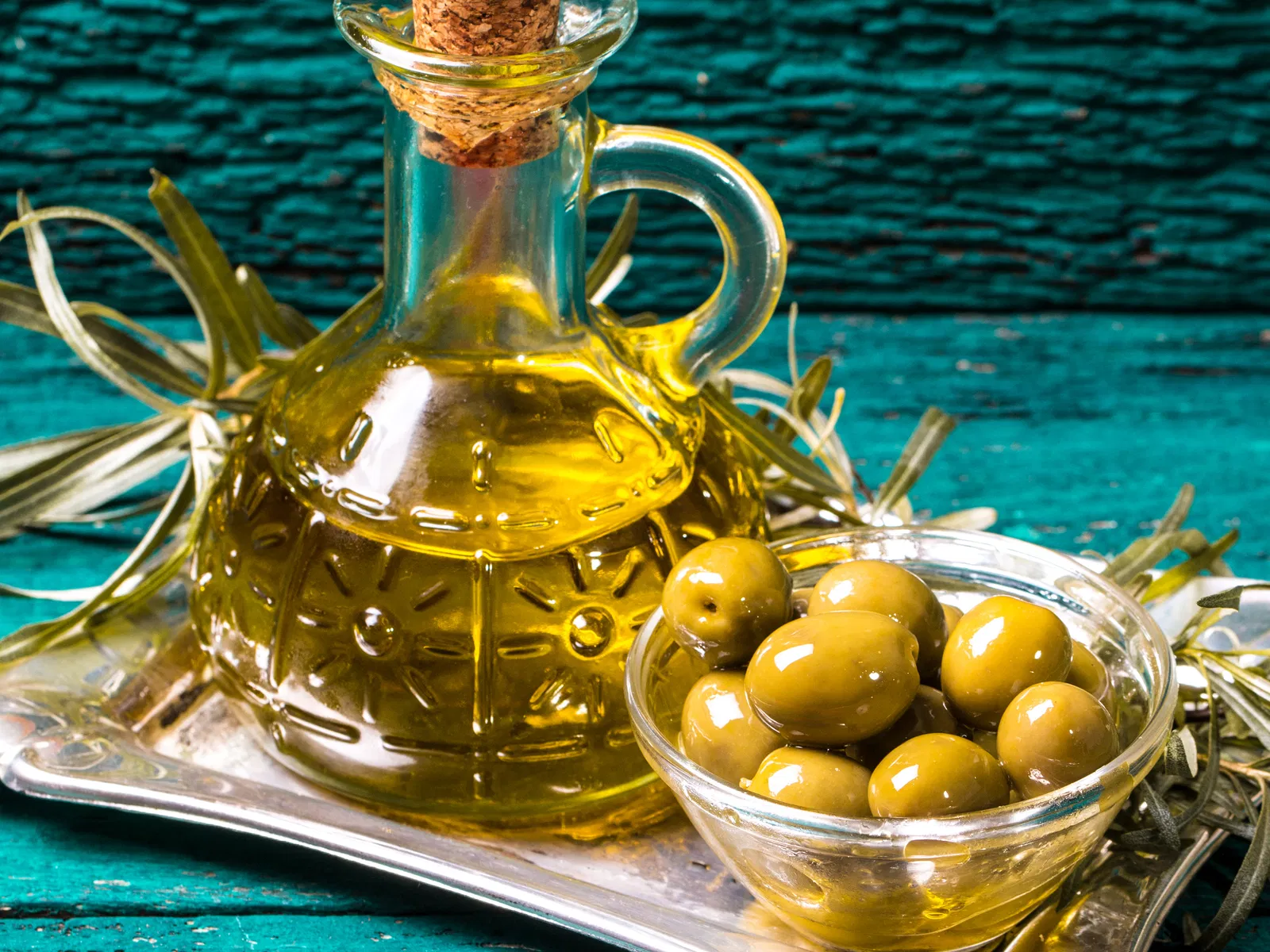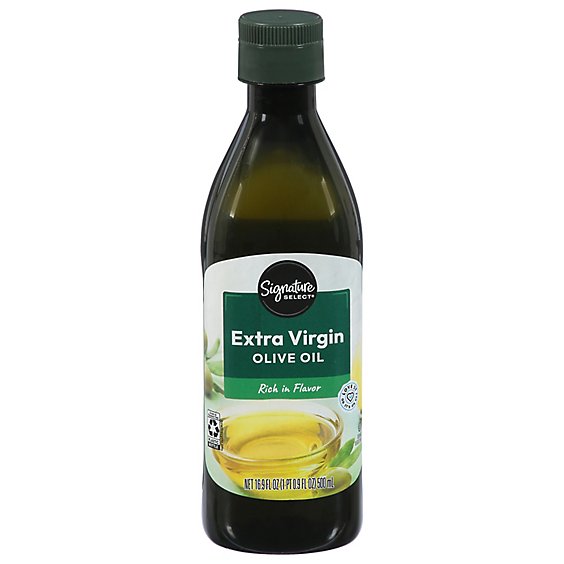Discovering the Various Kinds of Olive Oil and Their Usages, Consisting Of Bonus Virgin Olive Oil
The exploration of olive oil incorporates a diverse range of kinds, each offering distinct flavors and culinary applications. Extra virgin olive oil, renowned for its exceptional quality and wellness benefits, offers as a staple in numerous kitchen areas, yet it is just one aspect of this complex active ingredient.
What Is Olive Oil?
Originated from the fruit of the olive tree, olive oil is a staple in Mediterranean cuisine and a vital ingredient in various cooking applications. This versatile oil is produced by pushing entire olives, causing a liquid that differs in shade, taste, and aroma depending upon the type of olives used, the area of farming, and the removal process. Olive oil is predominantly made up of monounsaturated fats, especially oleic acid, which is understood for its possible health and wellness advantages, including anti-inflammatory properties and cardio assistance.
In addition to its cooking usages, olive oil has a lengthy background of application in standard medication and skin care, owing to its rich antioxidant web content (extra virgin olive oil benefits). The oil is typically used in dressings, marinates, and for cooking approaches such as sautéing and roasting. Its unique taste profile can boost the taste of various dishes, making it an essential ingredient for both home chefs and specialist cooks
Additionally, olive oil is celebrated for its function in the Mediterranean diet, which is connected with numerous health advantages. As recognition of these advantages grows, olive oil remains to obtain appeal worldwide as a basic element of a healthy way of life.
Types of Olive Oil
Recognizing the various kinds of olive oil is important for both health-conscious customers and cooking lovers. Olive oil is identified mainly based on its removal approach and top quality, which considerably affects its scent, health, and taste advantages.
:max_bytes(150000):strip_icc()/Simply-Recipes-Olive-Oil-vs-Extra-Virgin-LEAD-2-06554176fc6b45aabaa647a2493d2d52.jpg)
Light olive oil, regardless of its name, refers to a lighter flavor and not reduced calories. It is ideal for those seeking a more refined taste in dressings and marinades. Additionally, there are flavorful olive oils infused with herbs, seasonings, or citrus, which can improve dishes without the requirement for extra flavoring.
Each sort of olive oil offers certain cooking objectives, and understanding these differences allows consumers to make informed options that straighten with their cooking styles and wellness objectives.
Additional Virgin Olive Oil
Additional virgin olive oil (EVOO) is commonly considered the best olive oil available, celebrated for its abundant taste and various health and wellness advantages. To be identified as added virgin, the oil has to be produced from fresh olives utilizing mechanical procedures, without making use of solvents or extreme warmth. This thorough technique protects the oil's natural flavors, anti-oxidants, and healthy and balanced fats, leading to an item with a low acidity level of much less than 0.8%.
EVOO is bountiful in monounsaturated fats, particularly oleic acid, which is connected to minimized inflammation and improved heart health. It likewise contains polyphenols, effective anti-oxidants that might supply safety effects versus persistent illness. The taste account of EVOO can differ considerably depending on the olive selection and area of manufacturing, ranging from verdant and fruity to durable and peppery.

Culinary Use Olive Oil

In cooking, olive oil can be used for sautéing, roasting, and grilling, offering a much healthier option to butter or other fats. Its high smoke factor makes it website link appropriate for different cooking techniques, while its anti-oxidants add to a heart-healthy diet regimen. Showering olive oil over ended up meals, such as pasta, fish, or barbequed veggies, can boost tastes and include a touch of elegance.
Furthermore, olive oil plays a considerable role in baking, where it can replace traditional fats in dishes for bread and breads, presenting moisture and a subtle preference. It likewise click to find out more functions as a base for infused oils, enabling chefs to explore flavors such as garlic, natural herbs, or chili, better broadening its cooking possibility. On the whole, olive oil's convenience makes it crucial in both home and professional kitchen areas.
Picking Quality Olive Oil
When choosing quality olive oil, it's necessary to think about several essential elements that influence the product's health and wellness, taste, and scent benefits. Decide for extra virgin olive oil (EVOO), which is acquired from the very first cold pushing of olives and includes the highest possible levels of anti-oxidants and useful substances. Look for oils that are accredited by identified companies, as this often makes sure adherence to strict high quality requirements.
The packaging likewise plays a considerable duty in protecting the oil's honesty. Select oils stored in dark glass containers or tins to protect against light deterioration. Focus on the harvest day; fresher oils offer exceptional flavor and dietary value, so pick items that are within 18 months of their harvest.
Furthermore, consider the origin of the oil. High-quality olive oils typically originate from certain regions understood for their distinctive flavor profiles, such as Italian, Spanish, or Greek oils. Be aware of the taste; a good quality olive oil should have a balance of fruity, bitter, and sharp notes, indicating its splendor and intricacy. By evaluating these elements, you can ensure you are picking the best olive oil for your cooking requirements.
Final Thought
In summary, the exploration of different types of olive oil exposes distinct qualities and applications, with additional virgin olive oil standing for the pinnacle of high quality due to its low level of acidity and high antioxidant content. Comprehending the different ranges of olive oil permits for notified choices in cooking methods, advertising healthier practices while enhancing the general gastronomic experience.
Acquired from the fruit of the olive tree, olive oil is a staple in Mediterranean cuisine and an essential active ingredient in numerous culinary applications.The most typical types of olive oil consist of fine-tuned olive oil, pure olive oil, and light olive oil.Bonus virgin olive oil (EVOO) is widely related to as the highest high quality olive oil available, well known for its abundant taste and many health and wellness benefits. Choose check here for additional virgin olive oil (EVOO), which is obtained from the first chilly pressing of olives and contains the highest possible levels of anti-oxidants and helpful compounds.In summary, the exploration of numerous types of olive oil exposes unique features and applications, with added virgin olive oil representing the peak of high quality due to its low acidity and high antioxidant content.